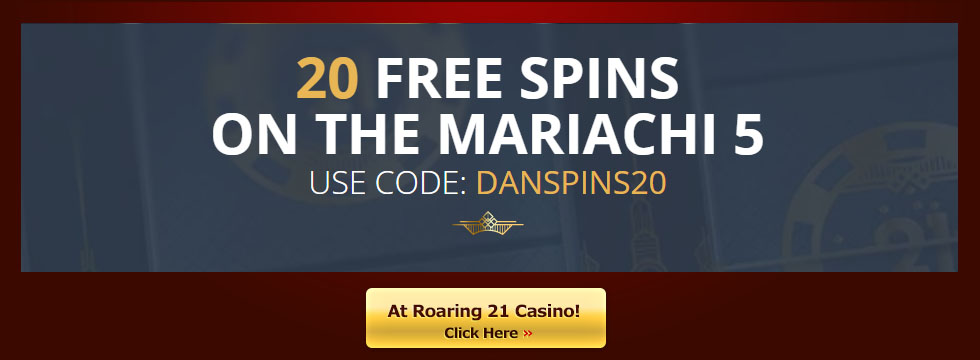Bump It Up Poker is a video poker game that is exclusive to Vegas Technology casinos and is definitely one of the most unique variations to video poker that we’ve ever come across. It’s safe to say that we love Bump It Up Poker and we just wish more casinos would offer it!
The general idea of Bump It Up Poker is that the more winning hands you have, the greater your wins. You can select up to four hands to play in Bump It Up Poker and each hand pays more than the last one. So, hand one pays 1x the pay-outs, hand two pays 2x the pay-outs, hand three pays 4x the pay-outs and hand four, as you’ve no doubt guessed, pays 8x the pay-outs.
You don’t have to wager on all four hands, but it’s the one way you’re guaranteed to win big playing Bump It Up Poker. But you can play one hand, two hands, or three hands if you’re not feeling at your luckiest.
If you’ve wagered on all four hands when you’re playing Bump It Up Poker, the process is as follows: you are dealt your first hand and you play it like any other video poker hand. If you lose, all four wagers are lost. However, if you win, you are taken up a level to play your second hand.
If your second hand loses, you keep your winnings from your first hand, but lose the rest of your wagers on hands two, three and four. If hand two is a winner, however, you move on to hand three. This process continues until hand four either wins or loses. After this process is over, if you have won get the choice of doubling your winnings by trying to pick a higher card than the dealer.
Bump It Up Poker is certainly a unique game and it’s one that you have to search for a bit to find. Unfortunately at this time, it is not available online. It used to be however the casinos that offered it are currently no longer accepting new players. However check out the great and unique video poker games at Windows Casino.
Additional Bump It Up Video Poker Questions:
(None Yet)
Related Questions:
The answer to the question Bump It Up Video Poker: Play, Guide & Review is also applicable for the following questions:







